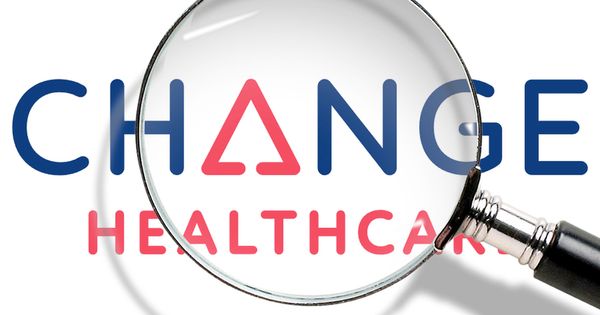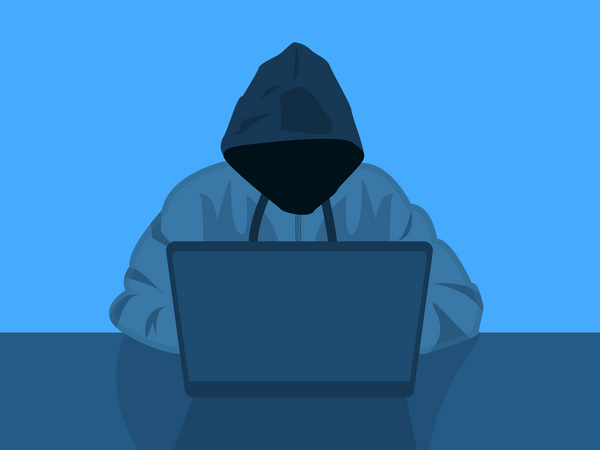Side Notes on Australia

This “refused classification (RC)” refers to a
wide variety of web content, such as child pornography or behavior problems,
known to be morally and socially harmful.
The Government’s implications in users’ security
by filtering malware is surely a good idea – since it adds an extra layer of
security to online transactions and everything else but the kitchen sink –
blocking actual content may be restrictive and even unconstitutional.
A wide segment of the computer users are already
using content filtering technologies “imposed” by third parties, either
implemented by antivirus software solutions (parental control, malware checks
etc.) or by the favorite browser (which ensures that the desired content is
malware-free or that the bank’s Web page is actually what it claims to be), and
there have been no complaints in this respect.
Unfortunately,
the Government’s approach doesn’t include peer-to-peer file sharing, instant
messenger, live chat environments, and other communication protocols, which are
the lead source of illicit materials and where malicious software is more
likely to dwell. The list used by ISP is to ban Web sites based mostly on
arbitrary requests or complaints received from users.
How
would this regulation impact on the average Australian Internet user? If the
law proposition passes, then every Australian Internet Service Provider would
be forced into filtering URL requests at their local gateway by using the
above-mentioned list of “Refused Classification” resources. This would reflect
in financial losses for ISPs (who will be forced into purchasing, deploying and
testing various content-filtering technologies), but the entire filtering
technology is likely to fail because:
-
It would not be able to “heuristically” filter
content shared between users via peer-to-peer or instant messaging; -
It would not be able to censor telephonic
conversations or internet broadcasting stations as long as users can establish
a physical connection between them and the monitored resource; -
Various resources that are not blacklisted
because they comply with the current Australian content regulations can shift
their content to “illegal” overnight – more than that, over one million
webpages are created daily. Facebook
tags
Author
A blend of product manager and journalist with a pinch of e-threat analysis, Loredana writes mostly about malware and spam. She believes that most errors happen between the keyboard and the chair.
View all postsRight now Top posts
Start Cyber Resilience and Don’t Be an April Fool This Spring and Beyond
April 01, 2024
Spam trends of the week: Cybercrooks phish for QuickBooks, American Express and banking accounts
November 28, 2023
FOLLOW US ON SOCIAL MEDIA
You might also like
Bookmarks







